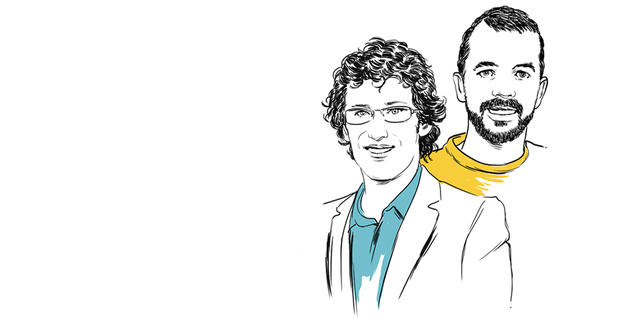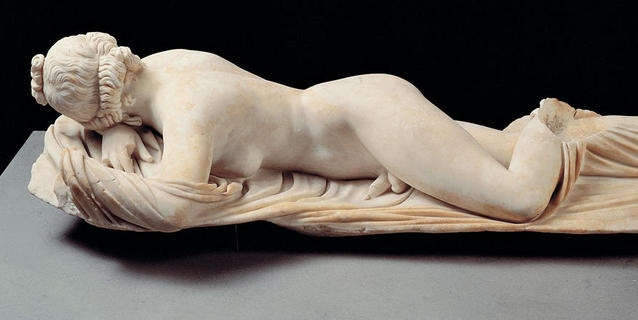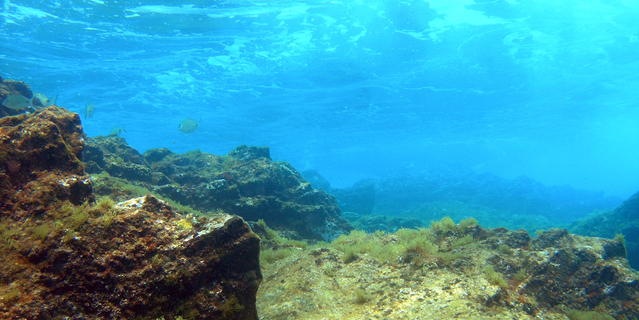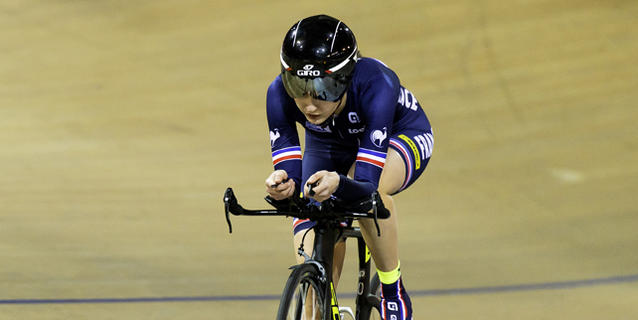|
|
|
|
|
|
|
Also this month
|
 |
|
|
|
EMS Prizes for French Mathematicians
|
|
07.18.2016 |
|
Mathematics French mathematicians Hugo Duminil-Copin and Vincent Calvez were awarded prizes by the European Mathematical Society (EMS), whose congress is being held this week in Berlin. Christoph Sorger, director of the National Institute for Mathematical Sciences and their Interactions, looks back at the very... |
|
Read the article
|
|
|
|
 |
|
|
|
When Gestures Improve Speech
|
|
07.25.2016 |
|
Communication What if the gestures we make when we speak do more than merely underline what we say? What if they also helped our oral expression? Convinced of the intimate connection between gestures and speech, two researchers launched a project to help people with Down syndrome express themselves more easily. |
|
Read the article
|
|
|
|
 |
|
|
|
How Many Sexes Are There?
|
|
08.01.2016 |
|
Biology and Social Sciences The issue of gender verification is not new to competitive sports. Yet how can we define biological sex? And how many sexes are there? As the 2016 Rio Olympic Games get underway, CNRS News explores this sensitive and complicated topic. |
|
Read the article
|
|
|
|
 |
|
|
|
The Viruses that Rule our Oceans
|
|
07.08.2016
|
|
Biology Every day, marine viruses kill 40% of our oceans’ bacteria. And yet these biological entities are still poorly known. For example, we still know little about their role in the regulation of microalgae, the first link in the food chain that also produces close to a quarter of our planet’s oxygen. We... |
|
Watch the video
|
|
|
|
|
|
|
 |
|
|
|
A Bias for Women in Science?
|
|
07.29.2016 |
|
Education Why are women underrepresented in most areas of science, technology, engineering, and mathematics (STEM)? A common explanation is that there exists a hiring bias against women in those fields. Yet a recent study says otherwise. |
|
Read the article
|
|
|
|
 |
|
|
|
Who Built the Eiffel Tower?
|
|
07.13.2016 |
|
Engineering Since its construction, more than 120 million visitors from all over the world have marveled at the Eiffel Tower. Historian Bertrand Lemoine looks back at the career and achievements of its prolific builder, Gustave Eiffel. |
|
Read the article
|
|
|
|
 |
|
|
|
The Science of Cycling
|
|
07.25.2016 |
|
Physics One of best ways for cyclists to optimize their speed is to work on their riding position. The French Cycling Federation recently teamed up with researchers to help athletes improve these cycling positions. On your marks for a performance optimization session with France’s junior cycling team at... |
|
Access the slideshow
|
|
|
|